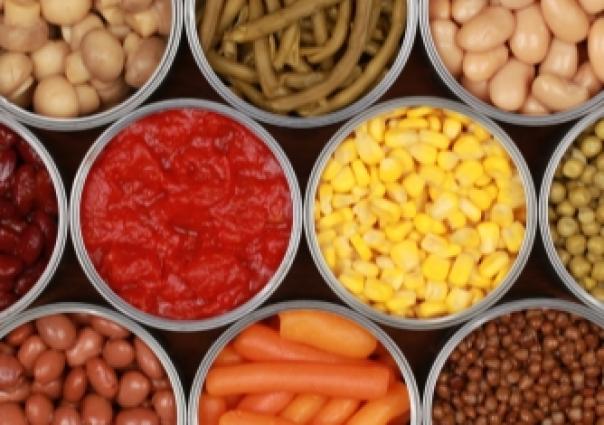
It says that despite frequent media attention around the importance of ‘clean eating’, healthy food doesn’t have to mean expensive ingredients and cooking absolutely everything from scratch.
The term ‘processed foods’ covers a wide range of different foods with varying nutritional qualities. While some are not healthy choices, others, like canned pulses or frozen vegetables, can be part of a healthy diet, and can help you to cook balanced meals, even when you’re in a hurry.
Sara Stanner, science director, BNF said: “Although many of us start the year with the best intentions to get healthy, in reality, following a complicated diet plan can often just be too time-consuming, and too expensive to keep up. To make New Year’s healthy eating pledges last, you need to ditch the January diet, and take a step back to consider the basics of healthy eating.
“Canned foods can be a great solution when you need to throw together a quick, healthy meal. Canned pulses, such as chickpeas, beans and lentils, are an excellent addition to a pasta sauce or curry, and provide fibre and nutrients like folate and iron. Canned fish is another useful ingredient – tuna makes a quick and healthy accompaniment to pasta or baked potatoes, and canned oily fish, like salmon or mackerel, provides long-chain omega 3s. Canned, chopped tomatoes are the perfect base for quick curries, stews or pasta sauces, and you can add herbs or spices for extra flavour.
“Cost can be a large barrier when it comes to improving your diet, but with some savvy shopping, healthy eating doesn’t need to break the bank. Economy ranges are usually great value, and nutritionally there is often little difference between them and the standard or branded versions. This can relate to things like dried pasta, rice, passata, low fat natural yogurts, and a variety of canned foods including: tomatoes, fish, pulses, fruit, vegetables or potatoes.
“Frozen fruit and vegetables tend to be cheaper than fresh, and may even be more nutritious as the freezing process can preserve nutrients. Frozen veg is often pre-cut, making it quick and easy to cook, and you don’t need to worry about it going off. Steam on the hob or in the microwave, or add straight into sauces for a simple and effective way to reach your five a day.
“Going wholegrain is a good way to boost your fibre intake – on average, we’re all eating much less than recommended. Most of us eat white pasta or rice so try swapping for wholegrain versions with your spaghetti Bolognese or curry and you could cook extra so you have some for another day.
“For many of us, finding time to cook healthy, balanced meals during the week can be difficult – particularly for parents juggling work, school, and other clubs and activities. Trying to make sure you are stocked up with all of the store cupboard staples to put together quick, healthy meals can help and, if you have more time to cook at the weekends and enough storage space you could cook in bulk and keep portions in the fridge or freezer ready for another time. Being prepared and planning your meals can also help you save money and cut down on waste.”